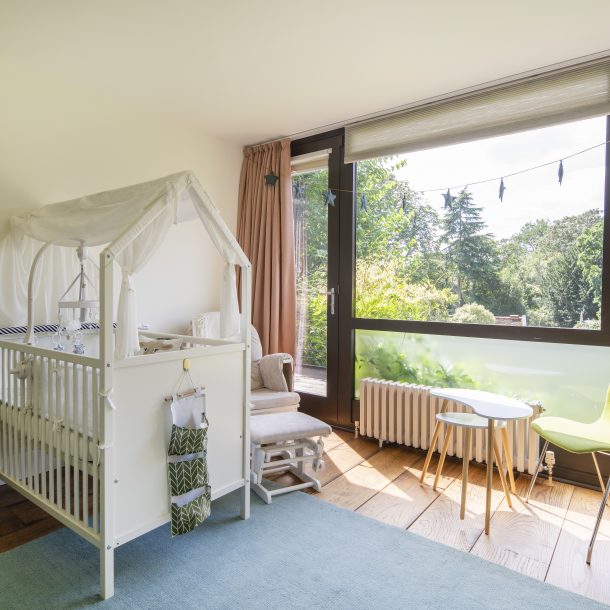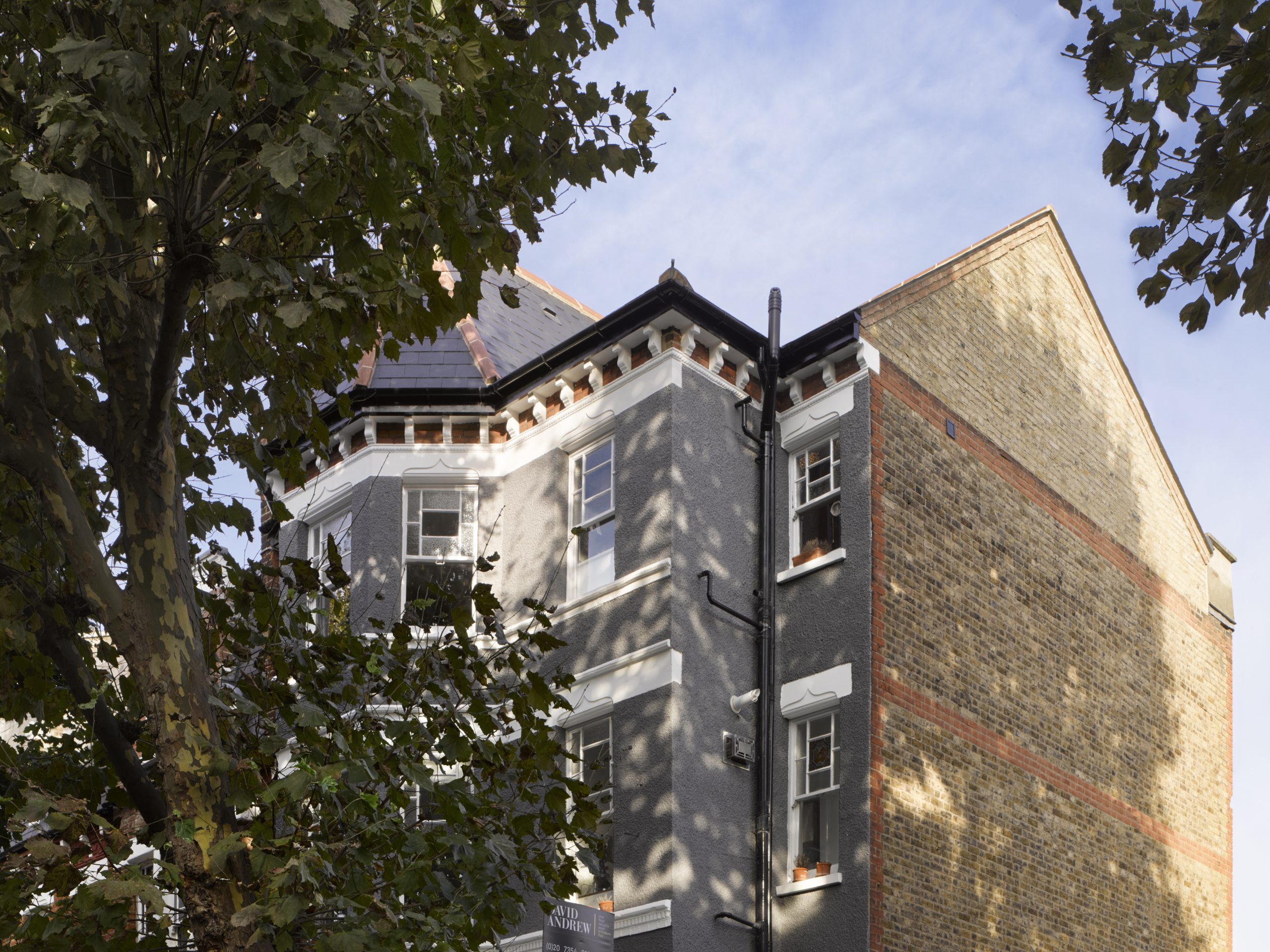
How to prepare your home for winter
When the nights start to draw in and the temperature drops, it’s a good time to make sure your home is ready for winter. Energy costs are at an all-time high, so it’s more important than ever to ensure your home is working efficiently to keep you warm.
We’ve put together some tips to help you get your home ready for winter:
Central heating
First and foremost, check that your boiler and heating are working as they should and make sure your boiler’s service is up-to-date. Doing a test to check that all the radiators heat up should highlight any problems and show whether any need bleeding to get them working efficiently.
If it’s been a while since you used the timer on your system, make sure you know how to work it. The same goes for timer switches on things like underfloor heating too. Having all your heating appliances on a timer is the most efficient way of using them and helps to keep costs down. If there are any problems, now is the time to address them.
Consider installing a wood burner
Why not consider installing a wood burner if you need to replace your heating? Despite claims to the contrary, they are more eco-friendly than gas or electric heaters. Wood is carbon-neutral fuel, meaning any carbon dioxide produced is reabsorbed by plants and trees and converted back into oxygen.
They are also cheaper to run than gas and electric heating. For the average household, they are around 13% cheaper than gas central heating, and about a third cheaper than electric heating.
Ventilation
As you move the drying of your washing from outdoors to in, it’s important to make sure your home is properly ventilated when it’s too cold for windows to be opened. Poor ventilation can create dampness, particularly when you’re drying washing. Closing the kitchen door when you’re cooking and using the extractor fan in the kitchen and bathroom, help to prevent steam and warm air from entering cold rooms.
Windows and Doors
Check your windows and doors to make sure they are draught-proof. If there are any problems with things like the seal, get them fixed. Consider replacing windows that have become inefficient. This may seem a big expense now but will save money in the long run. A typical home loses around 40% of its heat through the windows and doors. The best way to reduce that figure is to have efficient windows and doors.
Guttering
Make sure your guttering is clean and in good repair. If you live in a single-story property, you may be able to do that yourself but it’s usually best to get a professional in to clean them and carry out any repairs. Guttering that is full of leaves is likely to overflow with water in heavy rain and may break under the weight of snow and ice. So, it’s best to get them checked out now.
Pipework
Another area to check is your pipework. If you have any cracks or holes in external walls, have them repaired before they become a bigger issue. Left unrepaired, they could let cold air into the pipes. If possible, keep your heating above 4 degrees on really cold days, even when you’re out of the house. This helps to keep a consistent temperature around your pipes.
It’s also a good idea to make sure you know where your stopcock is, and that it works. You don’t want to be searching through cupboards to try and find it when there’s water pouring through your ceiling.

Office Address
77 Colney Hatch Lane,
London, N10 1LR
admin@alldone.com
(020) 8442 0465
Opening Hours
Monday — Friday – 8am – 5pm
Saturday — Closed
Sunday — Closed
Philosophy
“Building your own home is about desire, fantasy. But it’s achievable anyone can do it.”


